UB Group's first non-alcoholic product, Kingfisher Radler, was piloted in Gujarat, a prohibition state, to signal its independence from the alcohol label.
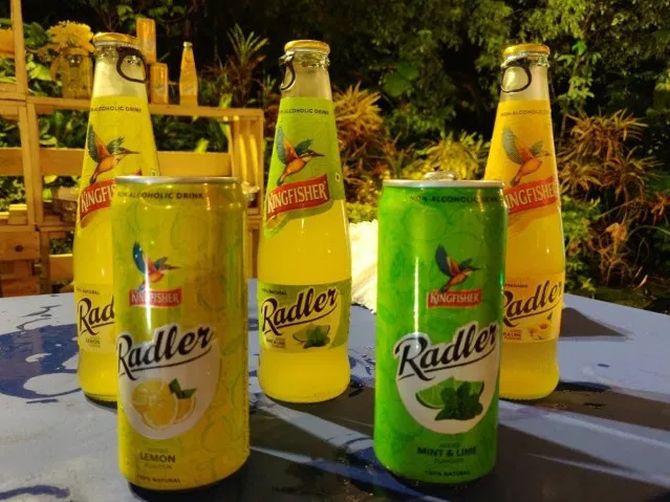
For the second time in its lifetime, Brand Kingfisher is campaigning for a perception shift.
First, after the debacle of Kingfisher Airlines and the flight of its high-profile former owner Vijay Mallya, the UB Group sought to distance the brand from its past and keep the focus on what it is universally recognised for, beer.
And now, as it prepares for the all-India launch of its first non-alcoholic product, Kingfisher Radler, the group wants consumers to think beyond beer when they think Kingfisher.
Given Kingfisher’s, near-generic identification with beer, this is a tough call.
The company is aware of that, said Ramesh Viswanathan, chief new business officer, United Breweries and added, "There could be a concern around the brand in its initial days.
"But the ads are hammering in the message and any fears will get alleviated in the process,” he said.
Viswanathan says that the company, through a calibrated launch and advertising strategy, is driving the shift in perceptions.
For instance, Kingfisher Radler was piloted in Gujarat, a prohibition state, to signal its independence from the alcohol label.
Next on the agenda is a countrywide campaign to drive home its non-alcoholic status.
Viswanathan said that the tagline “Kahin bhi, kabhi bhi” (wherever, whenever) further reinforces the brand’s identity as an all-purpose, all ages beverage.
Plus by ensuring that it is placed strategically, next to other similar beverages (cola and fruit), the company will differentiate itself from its alcoholic origins.
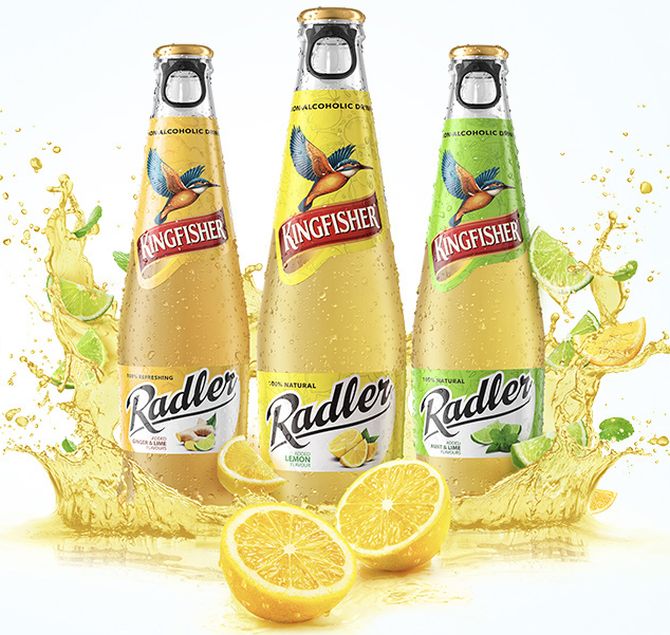
Awareness will be generated also through sampling exercises and promotions on the ground.
The non-alcoholic beverage market is an important one for UB as it helps expand the portfolio and reach out to a younger demographic.
Besides, market research reports from Nielsen and alcohol industry associations in the US and UK indicate that globally, millennial drinkers are juicing and not boozing as much as the generation before them.
While the figures for the Indian market are still unknown, alcohol companies believe that millennial audiences behave similarly, the world over.
For UB, the non-alcoholic market is also one that its single largest shareholder, Heineken, is deeply interested in.
It plans to launch its global non-alcoholic beer brand Heineken 0.0, in India soon.
Aimed at the calorie-conscious, non-alcohol drinker, the product along with Radler will create a diversified basket of brands.
Viswanathan said that the company first toyed with the idea of a non-alcoholic beverage around two years ago.
An independent team was appointed to the task and they came up with the idea of a malt-based beverage with natural flavours.
It was launched with the lemon flavour and is now available in ginger lime, lemon and mint lime.
The brand was test marketed in Karnataka and Gujarat and it is now being rolled out into six more states.
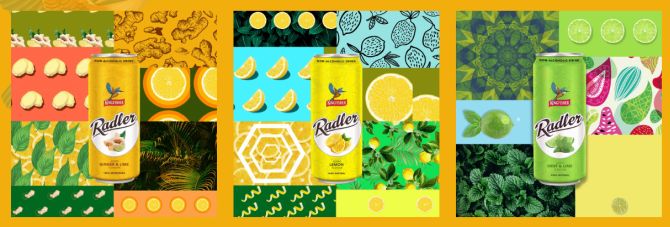
The pilot markets have helped understand what customers want, for instance the company found that the brand was popular among adult consumers (above 18 years) due to its low sweetness levels.
And this will help target its new audiences with a sharper and focused message.
Viswanathan said, “The aim is to attract consumers at the higher end of the market.”
It is priced at a 30 per cent premium, Rs 45 for a 300 ml can compared to the market average of Rs 35 per 300 ml can.
The distribution network is different from that of beer and the company says it is building its connections with modern retail and trade outlets.
In the first year of launch, UB plans to take the brand to 45,000-50,000 outlets, which will be expanded to 75,000-80,000 next year.
The soft-drink segment that Radler is being positioned within, is estimated at around 6.9 billion litres and UB said that it was looking at a single digit market share in the first year, in terms of volume.
To that end, it has lined up promotions and advertising, all in an attempt to give the brand visibility and a distinct identity, one that goes beyond that of the iconic red bird on a beer bottle.

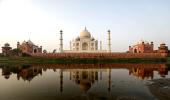


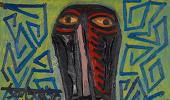







 © 2025
© 2025